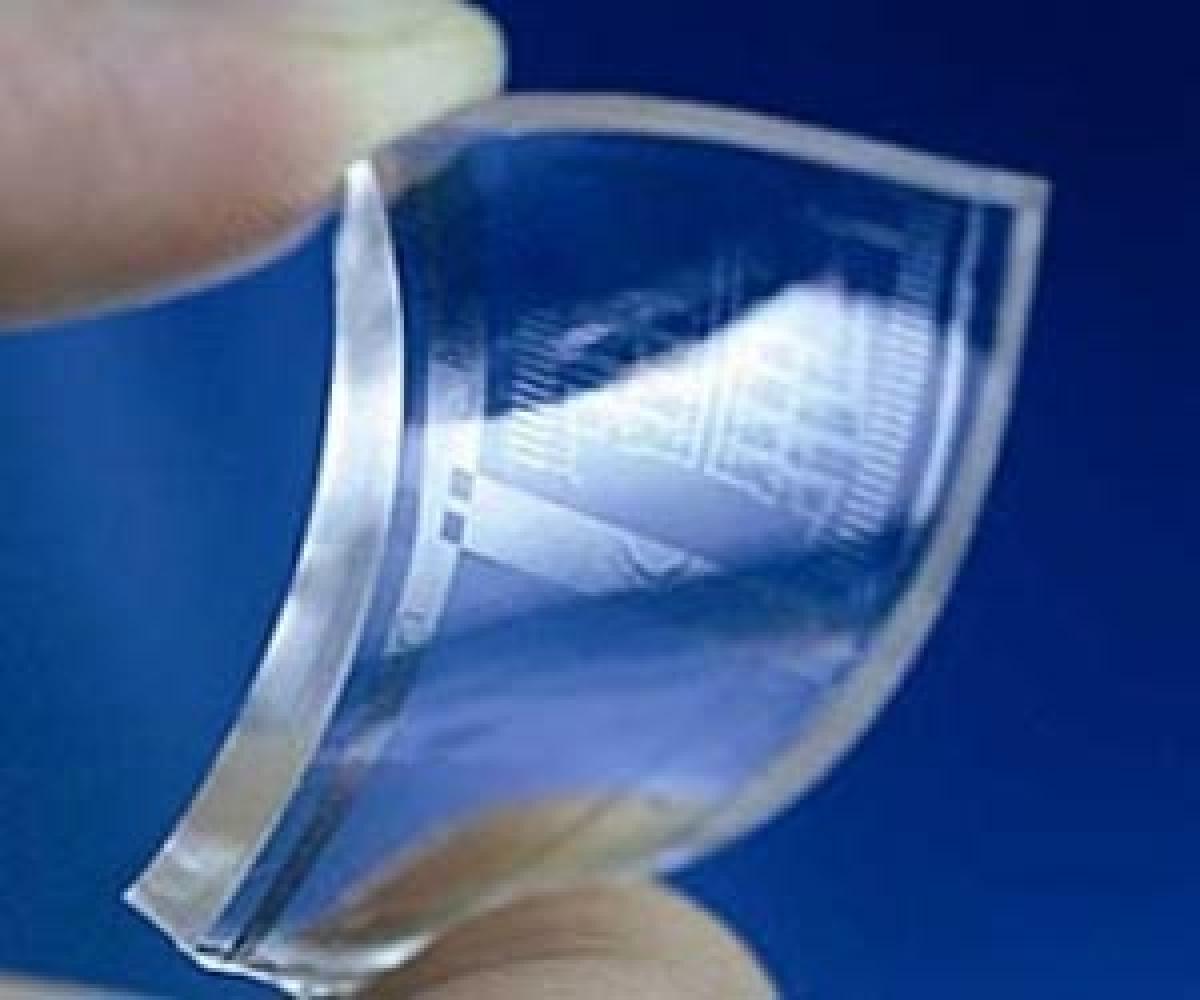Just In

Engineering experts from the University of Exeter have developed smallest, highest-capacity memories for flexible and transparent electronic devices.
Engineering experts from the University of Exeter have developed smallest, highest-capacity memories for flexible and transparent electronic devices.
They produced this innovative new memory using a hybrid of graphene oxide and titanium oxide that is low cost and eco-friendly to produce, are also perfectly suited for use in flexible electronic devices such as 'bendable' mobile phone, computer and television screens, and even 'intelligent' clothing.
According to the results of their research published in scientific journal ACS Nano, these devices may also have the potential to offer a cheaper and more adaptable alternative to 'flash memory', which is currently used in many common devices such as memory cards, graphics cards and USB computer drives.
The research team insists that these innovative new devices have the potential to take flexible electronics to a new age in terms of speed, efficiency and power.
"Our hybrid graphene oxide-titanium oxide memory is just 50 nanometres long and eight nanometres thick and can be written to and read from in less than five nanoseconds -- with one nanometre being one billionth of a metre and one nanosecond a billionth of a second," said Professor David Wright, lead author of the paper.
Professor Craciun, a co-author of the work, added that being able to improve data storage is the backbone of tomorrow's knowledge economy, as well as industry on a global scale.

© 2024 Hyderabad Media House Limited/The Hans India. All rights reserved. Powered by hocalwire.com







